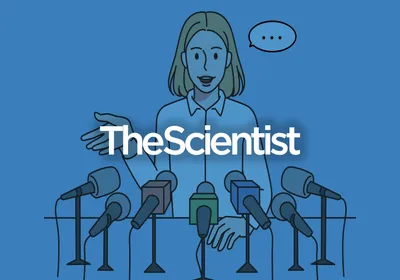Recent headlines about measles outbreaks across the country, despite the availability of an effective vaccine, make it hard to escape the feeling that widespread rejection of science is on the rise.
Whether it be climate change debates, vaccine fears, or skepticism of genetically engineered crops, the media is full of stories about those who distrust the conclusions or motivations of the scientific community. And yet, these contemporary hot-button issues are part of a centuries-old discord between science and the public—one that we, as scientists, still struggle to address.
In November 2018, Rutgers Global Health Institute and the New York Academy of Sciences hosted a conference entitled Science Denial: Lessons and Solutions, supported in part by the Alfred P. Sloan Foundation. Held at the academy’s downtown Manhattan conference center, the meeting brought together concerned scientists with journalists, public health leaders, communications scholars, and science historians to discuss the spread of scientific ...



















